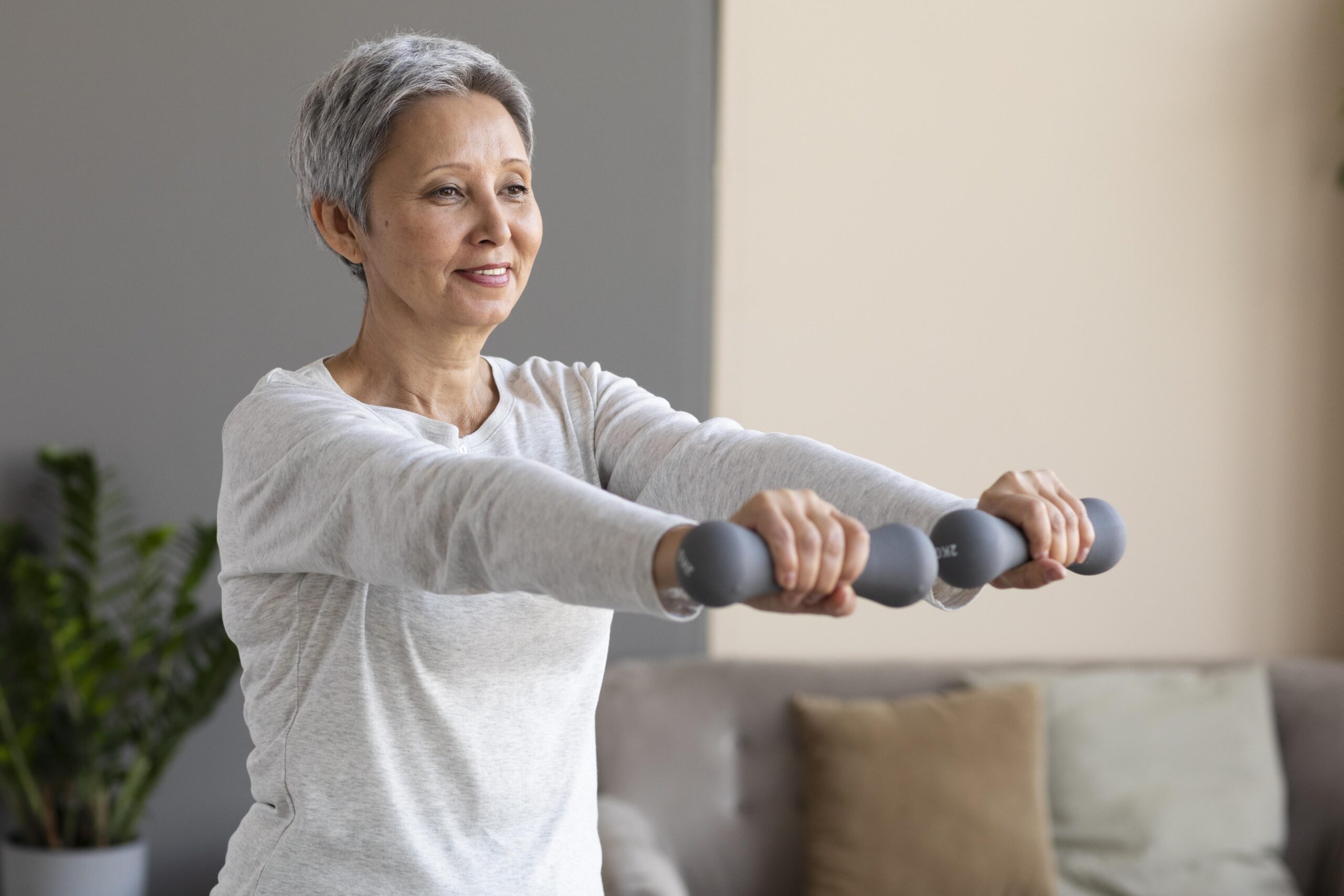Arthritis Awareness Month: A Physiotherapy Perspective
September marks Arthritis Awareness Month, a time to shed light on a condition that affects millions worldwide and to explore ways of managing symptoms and improving quality of life. From a physiotherapy perspective, arthritis management is about more than just addressing pain—it’s about empowering individuals to move better, stay active, and maintain independence.
Understanding Arthritis
Arthritis isn’t a single disease but a broad term that covers more than 100 conditions affecting the joints. The most common types are:
- Osteoarthritis (OA): Wear and tear of cartilage, often linked with aging or previous joint injuries.
- Rheumatoid Arthritis (RA): An autoimmune condition that causes inflammation of the joint lining.
- Psoriatic Arthritis: Linked with psoriasis, this type combines joint pain with skin changes.
Regardless of the type, arthritis can limit mobility, impact daily activities, and affect overall well-being.
The Role of Physiotherapy
Physiotherapists play a key role in supporting people with arthritis by focusing on:
- Pain Management: Techniques such as manual therapy, gentle joint mobilization, and modalities like heat or cold can help ease discomfort.
- Exercise Prescription: Tailored exercise programs build strength, flexibility, and endurance, while protecting joints. Low-impact activities like swimming, cycling, and Pilates are often recommended.
- Education: Helping individuals understand how to protect their joints, use adaptive strategies, and pace themselves to avoid flare-ups.
- Functional Independence: Physiotherapy interventions aim to keep people engaged in daily activities and meaningful occupations, whether it’s climbing stairs, gardening, or playing with grandchildren.
Small Steps, Big Impact
Lifestyle changes, guided by a physiotherapist, can make a profound difference in managing arthritis:
- Movement is medicine. Gentle, regular activity reduces stiffness and boosts energy.
- Posture matters. Proper body mechanics protect joints from unnecessary strain.
- Rest is essential. Balancing activity with recovery helps manage symptoms.
Why Awareness Matters
Raising awareness this September is not just about recognizing arthritis—it’s about highlighting the resources and support available. Physiotherapy provides people with practical strategies to live well with arthritis, promoting long-term health and independence.
Final Thoughts
Arthritis may be common, but it doesn’t have to define daily life. With physiotherapy-led interventions, education, and community awareness, individuals can take control of their condition and keep moving forward.

